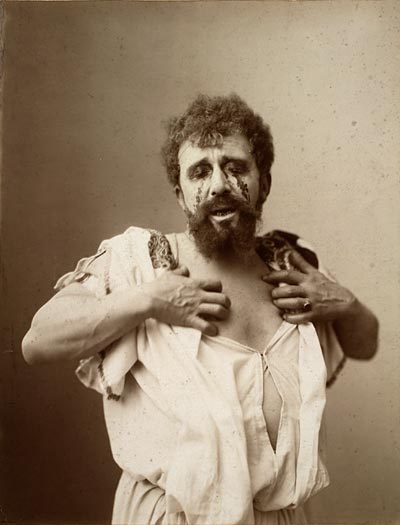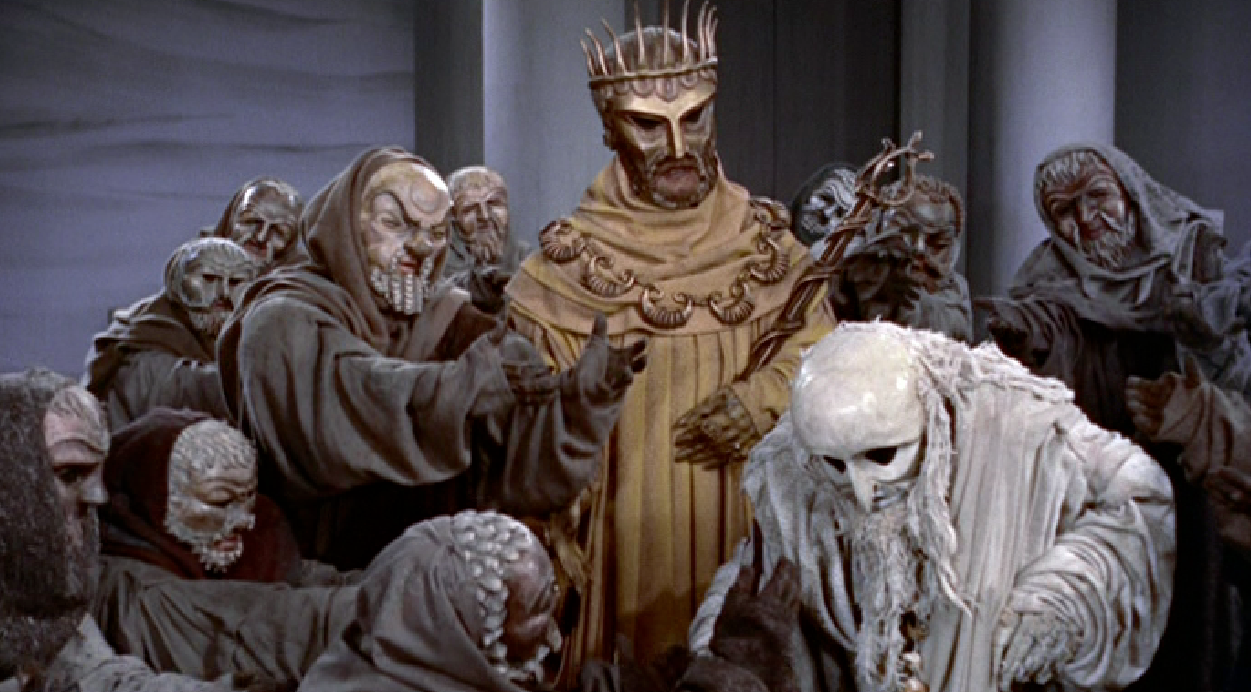
Dramatic Irony- Used in many Greek tragedies, dramatic irony is when the fate of a situation is known by the audience but not by a certain character or characters. This literary technique is used to build suspense in the story line. It also builds on the personality of the character and how the audience my view him or her because the audience has knowledge the character may not have.

Sophocles- He was born into a wealthy family and was offered lots of opportunities including very good education. He was a dramatic poet who competed in many competitions and won a good amount of them. The Athenians elected him to a high military office in his advancing age. He wrote over 100 plays which many have been published today.
Oedipus Rex (person/ myth/ play)- Oedipus becomes king of Thebes after solving the riddle of the Sphinx. He was adopted into the royal family after he was found left in the mountains with his feet bound together. Later in life he ends up killing his father and marring his mother. There is still no evidence that Oedipus is a real person, for all we know now he is a character based on a myth.
Myth- Oedipus is born to the King and the Queen of Thebes. It is fate that he kill his father and marry his mother. In order to prevent this terrible fate his feet are bound together and left to die on the side of a mountain. The baby was later found and was raised by the kind and queen of Corinth. He learned of the prophecy and ends up killing his father and marring his mother in the end, and obtaining the thrown.
The play- it is a Athenian tragedy written by Sophocles, it was originally performed in 429 B.C.E. The classical tragedy is a story about Oedipus that begins after he has beaten the Sphinx and married his mother.

Greek Tragedy- Form of theater in ancient Greek and Asia minor. It's plots generally originated from ancient myths. Usually a character in a Greek tragedy is doomed from the start and is usually destined for disaster using dramatic irony often.

Teiresias- Was a blind prophet of Thebes. He was most known for transforming into a woman for seven years. He aided in the investigation of the killing of the former king Laius. Though his investigation revealed that Oedipus himself killed Laius. Due to this information that he reveals, he is thrown out of the palace.

Greek Theatres- These are large open air arenas, that use the natural surrounding to give the theatre a dramatic sloped effect. At the center of any Greek theatre there is an orchestra where all of the performing takes place. The audience is seated in the theatron where upwards of 12,000 people can be seated. Seats are divided into sections by stairs.

Fate- this is a very influential topic in many Greek myths, many people try to alter or change their prescribed fate in some way. Many times when someone tries to change their fate they end up in more trouble than they were in, in the first place. Many believe that your fate is associated with the gods and the gods may decide the fate of a person.

Aristotle (tragedy)- This is a dramatic performance where a very serious topic is disgusted and acted upon by the tragic hero. Throughout the performance the audience should have emotions of pity and sadness for the hero that progressively get stronger throughout. The performance should usually close with a ultimate climax.
Aristotle (hubris)- This is extreme pride or pretentiousness in a character that leads to failure. This is a overestimation of someone's strength or personality qualities. When someone has hubris they are often disconnected with reality.








